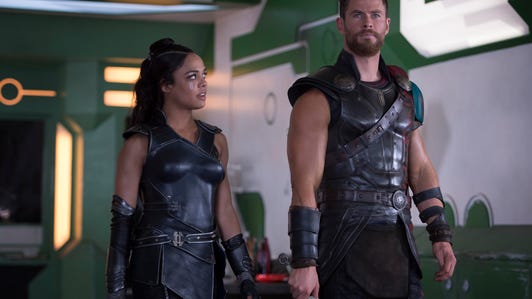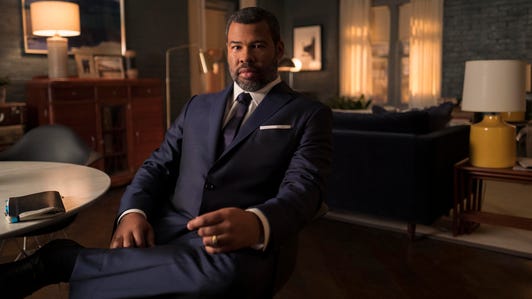
Thor: Love and Thunder landed in theaters in July and dropped on Disney Plus and digital stores on Thursday. The movie is the Asgardian Avenger's fourth solo adventure, and the 29th Marvel Cinematic Universe film since 2008. It sees director Taika Waititi, who previously helmed 2017's Thor: Ragnarok, bringing his comedic touch to another superhero caper (and its two post-credits scenes).
It'll hit 4K, Blu-ray and DVD on Sept. 27, with a bunch of behind-the-scenes features, deleted scenes and a director's commentary from Waititi.
The movie catches up with Thor Odinson (Chris Hemsworth) after the events of Avengers: Endgame, in which he decided to join the spacefaring Guardians of the Galaxy. He also reunites with former flame Jane Foster (Natalie Portman), who's been empowered by his old hammer Mjolnir and become the Mighty Thor, as they face the creepy threat of Gorr the God Butcher (Christian Bale).
Once you've wrapped your head around the movie's ending and its other delightful cameo, it's time to spin your enchanted hammer and leap into SPOILERS for the mid- and post-credits scenes.
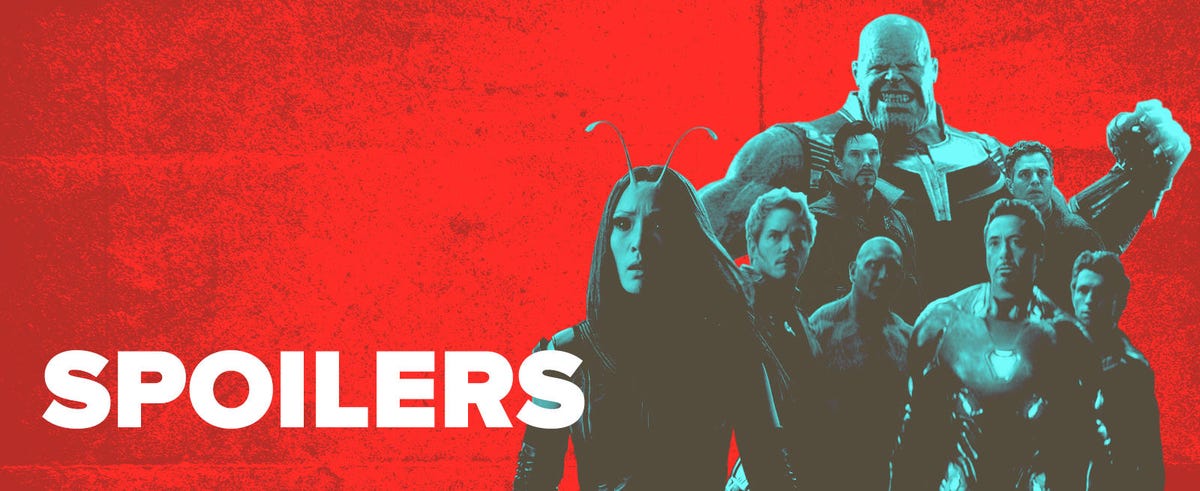
A vengeful god
In the mid-credits scene, it's revealed that Zeus (Russell Crowe) survived after Thor blasted the Greek god's own lightning bolt through his chest. Being tended to on his throne, Zeus expresses his fury that people now worship superheroes over gods.
"They will fear us again when they see Thor Odinson fall from the sky," he says bitterly. "Do you understand me, Hercules? Do you understand me, my son?"
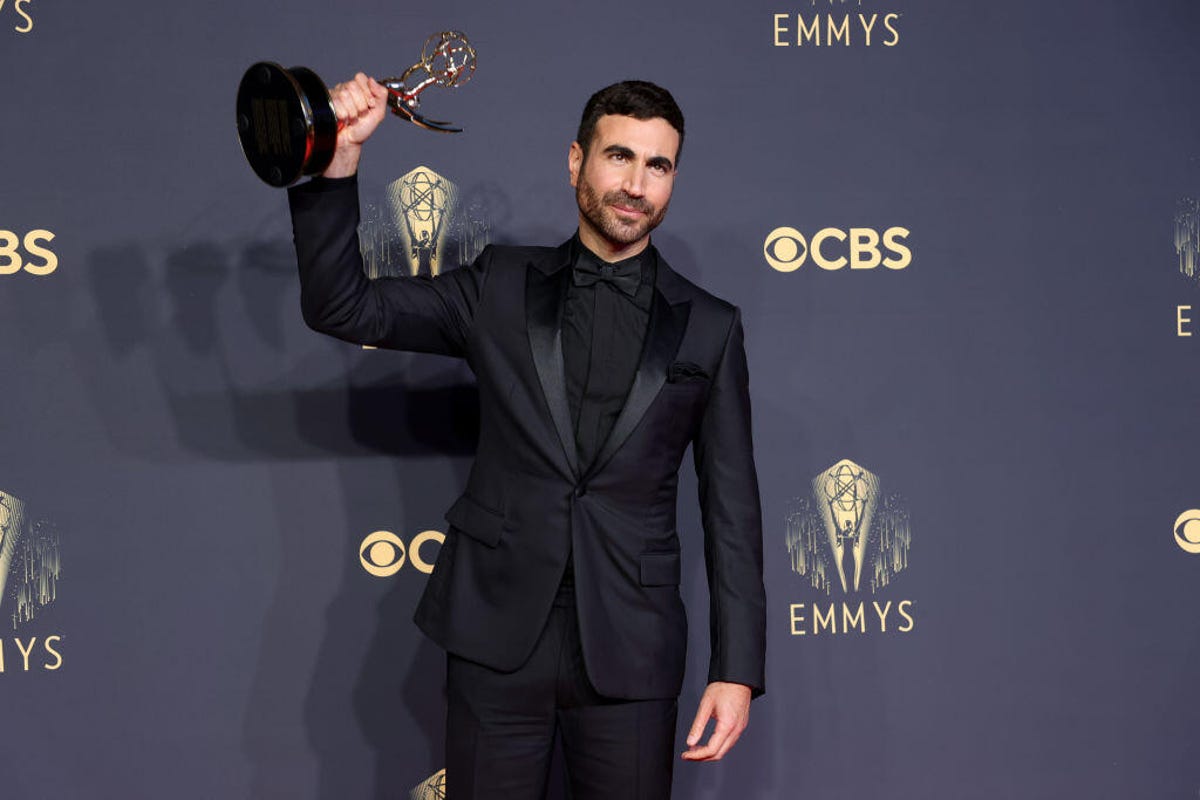
Brett Goldstein, who shows up as Hercules in Thor: Love and Thunder's mid-credits scene, displays his near-divine strength by holding up the Emmy he won for Ted Lasso in 2021.
Rich Fury/Getty ImagesWe're introduced to the MCU's Hercules (Brett Goldstein, the lovably grouchy Roy Kent from Ted Lasso).
"Yes, father," he growls.
What does it mean?
Marvel's Hercules was introduced in the comics as a rival to Thor back in the '60s, but later became his ally and joined the Avengers. He's shown up regularly in the decades since his debut, occasionally starring in his own series. Herc is a bit of a braggart, but a reliable friend to his fellow heroes.
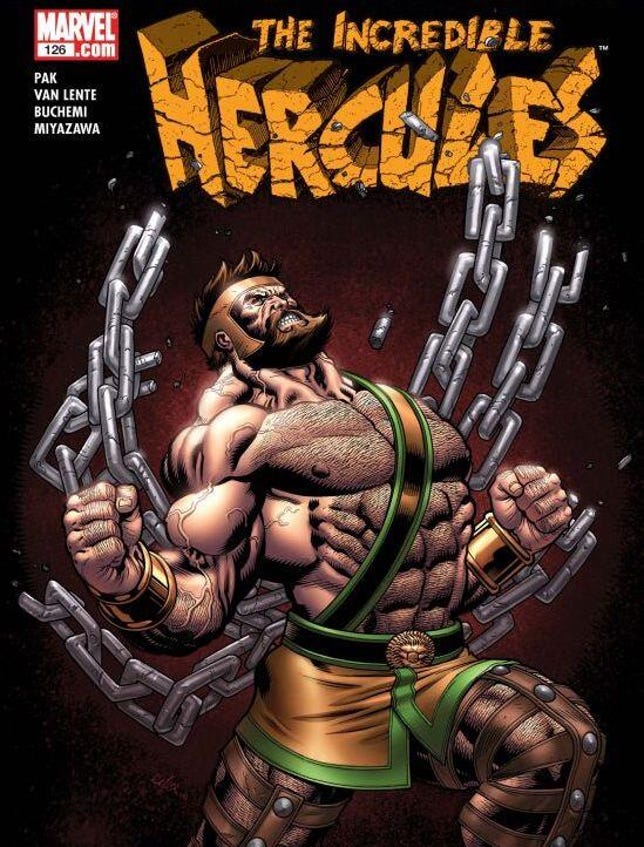
Hercules has starred in multiple comic series since in the '60s, but typically shows up as a supporting character.
Marvel StudiosThe character was first seen as a goon of time-traveling villain Immortus, but that version was later revealed to be an impostor -- mostly because it didn't really match up with his subsequent characterization and because "impostor" is a classic comic book explanation for such discrepancies.
Immortus partially inspired Loki villain He Who Remains, who was an alternate reality version of the future MCU villain Kang. Since the movies and shows regularly riff on classic comic stories, it's possible Hercules will team up with Kang in his quest to take down Thor.
Regardless, it's likely Hercules and Thor will become allies at some point in the future -- Goldstein is simply too popular and lovable to remain bad. However, he told Variety on July 18 that he hasn't been clued in about plans for the character.
"I truly, honestly -- this isn't me lying or being coy -- I know nothing," the actor said. "All I know is what I did that day and that's it. That could be it. It was a fun three seconds."
He's also the second Ted Lasso actor who's made a recent MCU post-credits scene cameo. Cristo Fernández, best known for portraying Dani "Football is life" Rojas in the Apple TV Plus series, appeared in one of Spider-Man: No Way Home's extra scenes in December.
Life after death
As Thor struggled to stop Gorr from reaching the all-powerful Eternity and wishing for all the gods to be wiped out, Jane left her cancer treatment to take up Mjolnir one last time and rode to his aid. The heroic duo succeeded in convincing Gorr to abandon his genocidal campaign, but she lost her battle with the disease shortly afterward.
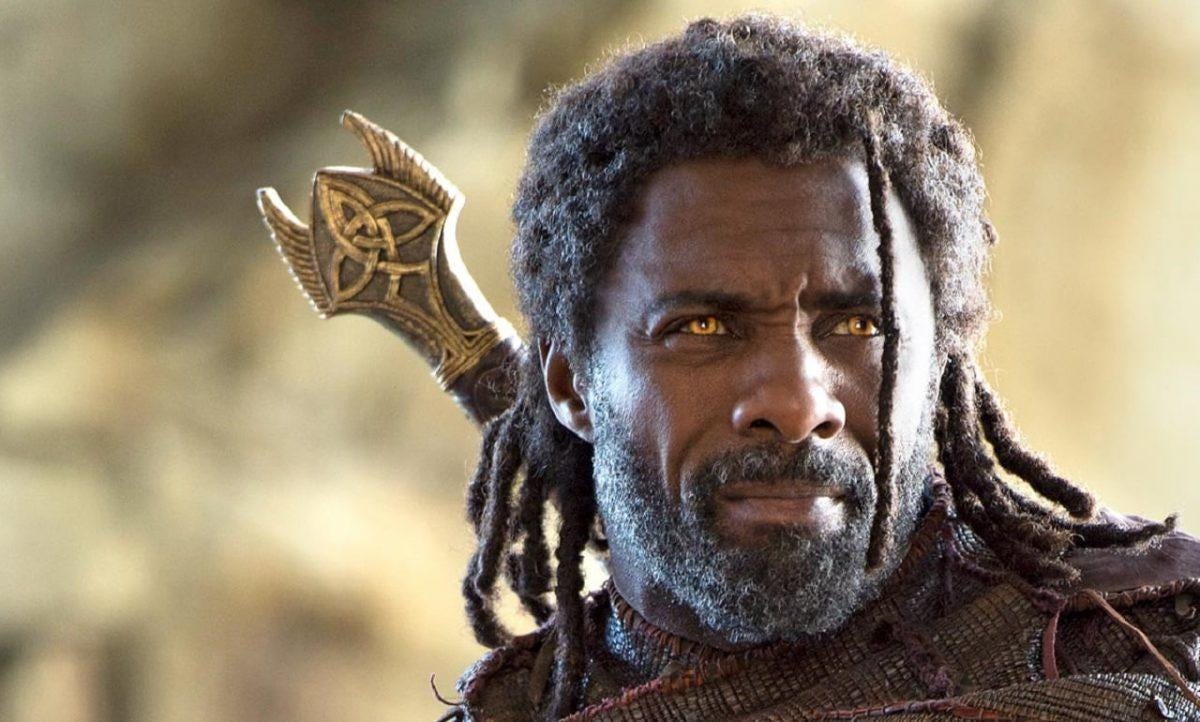
Heimdall returns in Love and Thunder's post-credits glimpse at the Asgardian afterlife.
Marvel StudiosThe post-credits scene reunites us with Jane after her death, as she steps through a portal and finds herself in a beautiful mountainous location. She's greeted by Heimdall (Idris Elba), the all-seeing guardian of Asgard's Bifrost Bridge who was slain by Thanos in Avengers: Infinity War.
"You are very welcome here in the land of the gods," he says warmly. "Welcome to Valhalla."
What does it mean?
Valhalla, the Asgardian heaven inspired by Norse mythology, was mentioned earlier in the movie. When Thor meets a wounded Lady Sif (Jaimie Alexander) after her encounter with Gorr, she urges him to let her die so she can go to Valhalla. Thor reminds her that she'd only go there if she died in battle, so she agrees to go to New Asgard and get patched up.
When Jane dies in Thor's (massive) arms after the final fight with Gorr, she disintegrates into stardust like Odin (Anthony Hopkins) did in Thor: Ragnarok, hinting that she had been accepted as an Asgardian despite being born human.
This may mean Jane will be allowed to rest among the other fallen gods in the afterlife and we won't see her again (especially since getting Portman, Elba and Hopkins back would be expensive). However, MCU post-credits scenes typically serve to set up future plotlines and Jane's comic counterpart became a Valkyrie after her time as Mighty Thor concluded.
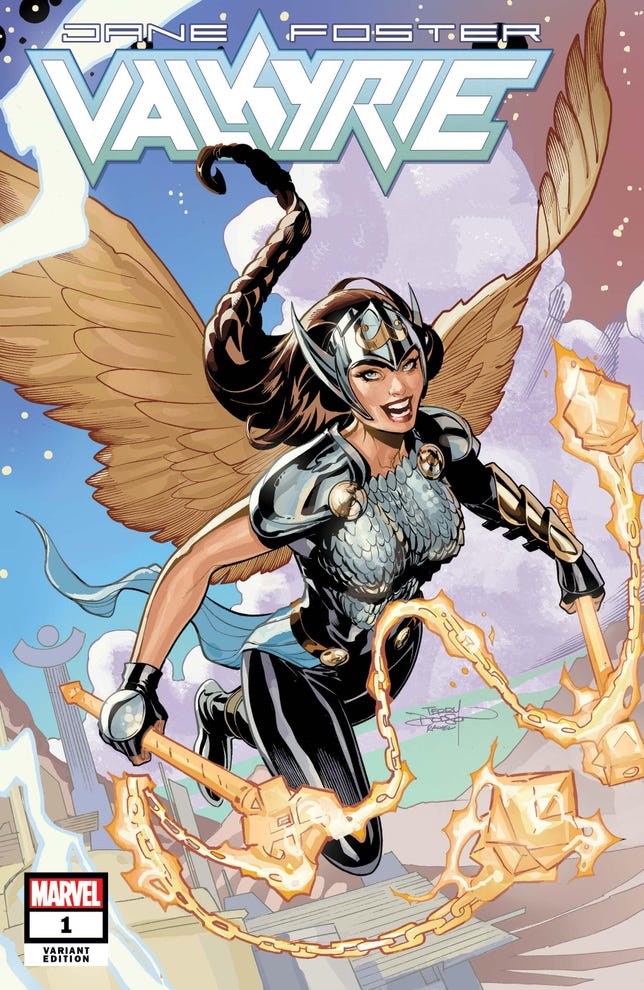
Jane's comic superhero career led her to become Valkyrie.
Marvel ComicsIn the MCU, this group of elite female warriors was slaughtered in battle with the goddess of death Hela. King Valkyrie (Tessa Thompson) was the only survivor. In the comics and Norse mythology, the Valkyries guide those who fall in battle in Valhalla, so their MCU counterparts may have gone on to serve a similar purpose -- Jane could ultimately join their ranks.
Valhalla is the third afterlife dimension we've seen in the MCU, after the Ancestral Plane in Black Panther and the Duat and Field of Reeds in Moon Knight. If Thor has a near-death experience, he could meet Jane again.
Could Loki be in Valhalla?
The original MCU Loki is dead, having been killed by Thanos in Avengers: Infinity War (the one we followed in the Disney Plus series was an alternate timeline Variant). Since the OG Loki was killed in battle, he should've been rewarded with a blissful eternity in Valhalla.
It's also possible the original version of the character isn't dead, since the older Classic Loki -- a Variant from yet another timeline -- seen in the Disney Plus series revealed that he had tricked Thanos with a super-realistic projection. After that, he lived in solitude on a remote planet "for a long, long time."
Classic Loki's timeline diverged from the main one when he left the remote world to see Thor. That suggests the regular version of the character remained in isolation, so he may not have made it to Valhalla after all.









 Add Category
Add Category
